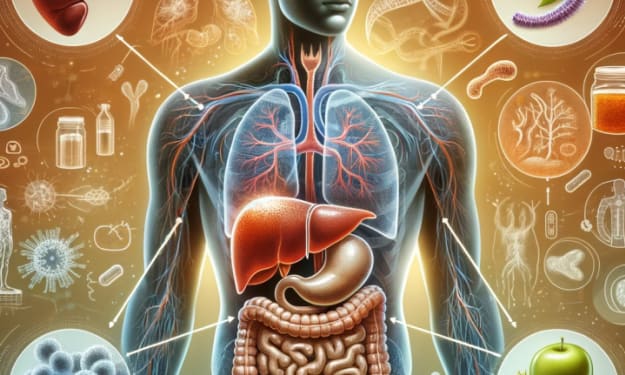Prostatitis: Who is at Risk and How to Prevent It
Who's at Risk of Prostatitis

Prostatitis is a condition with which the majority of males are all too familiar, and its prevalence has noticeably risen in recent years. A significant factor contributing to this increase is the modern lifestyle, particularly the habit of staying up late engrossed in smartphones and binge-watching series. Such routines not only disrupt mental well-being but also elevate the risk of developing prostatitis.
Furthermore, certain lifestyles and habits have been identified as increasing the likelihood of prostatitis. Here are six types of individuals who are more susceptible:
1. The Sedentary
In recent times, a noticeable shift towards younger individuals developing prostatitis has been observed. Beyond habits like late-night activities, extended sitting periods also play a significant role in increasing risk. Given the demands of contemporary work life, many individuals spend extensive hours seated, which can severely impact prostate health. The compression experienced by the prostate during long sitting intervals impedes blood flow, elevating risk levels. It's advisable to take periodic breaks to stand and move, ideally every hour or two, to mitigate this risk.
2. Middle-Aged and Elderly Men
Risk levels escalate with age, making middle-aged and senior men more prone to prostatitis. Age-related changes, including weakened urine flow and hormonal shifts affecting testosterone levels, can contribute to prostate enlargement, complicating urination.
3. Lovers of Spicy Foods
The trend among younger generations towards a diet rich in spicy foods is notable. While such foods may offer temporary brain stimulation and excitement, their excessive consumption poses several health risks, particularly to the prostate. Persistent stimulation from spicy foods can aggravate prostatitis risk by disrupting the prostate's bacterial defense mechanisms.
4. Smokers
The adverse effects of smoking on lung health are well-documented, but its impact extends to the prostate as well. Nicotine accumulation reduces the body's resistance to infections, making the prostate more susceptible to bacterial invasion and prostatitis.
5. Those Averse to Water
A surprising number of men substitute water with sugary, carbonated beverages, neglecting the fundamental necessity of regular water intake for health. Low water consumption leads to concentrated urine, irritating the prostate and facilitating the onset of prostatitis. Regular hydration is crucial for detoxifying the body and supporting prostate health.
6. High Sexual Activity
A common misconception exists among men about the correlation between robust sexual activity and health. However, excessive engagement can strain the body and the prostate, leading to potential health issues. It's important to maintain a balanced approach to sexual activity to preserve overall well-being.
Strategies for Prostatitis Prevention:
1. Water is Key
Aim to consume between 2 and 2.5 liters of water each day to enhance the frequency of urination. Concentrated urine can irritate the prostate gland, and sustained irritation is damaging. Adequate water intake not only thins the blood but also reduces the concentration of urine, mitigating potential harm to the prostate.
2. Balance in Sexual Activity
From early adulthood, it's crucial for men to manage the risk of prostate enlargement through balanced sexual habits. Neither overindulgence nor total abstention is advised. Excessive sexual activity can lead to prolonged prostate congestion, contributing to enlargement. Particularly in youth, when sexual desires are more intense, finding a balance is essential to prevent chronic congestion and allow the prostate ample recovery time. On the other hand, too much abstinence can lead to discomfort and swelling, which are equally harmful.
3. The Benefits of Warm Baths
Engaging in regular warm baths can significantly ease muscle tension and soothe symptoms of discomfort, proving exceptionally beneficial for those with prostate concerns. Submerging the genital area in warm water once or twice daily can be particularly effective in promoting prostate health and relief.
About the Creator
Jane Smith
Haha, just to share some health knowledge.






Comments
There are no comments for this story
Be the first to respond and start the conversation.